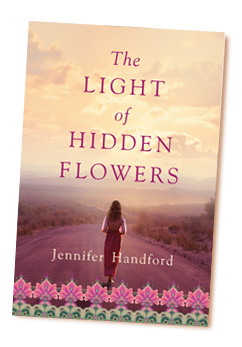Wrestling with Uncertainty – My Favorite!
“Your beliefs are in jeopardy, only when you don’t know what they are,” said Jay Allison. However, beliefs can change, and they often do. As John Updike observed, “A person believes various things at various times. Even on the same day.” Therefore, if our beliefs can be changeable things, we need to understand their part in our lives.
Think about a time in your life when your beliefs were challenged—throwing you into a “moral dilemma.” Your beliefs steered you in one direction, but your actions led you in another. What made you “cross that line?” What was the justification for stepping over it? And were there repercussions in doing so?
The term cognitive dissonance refers to the feeling of uncomfortable tension which comes from holding two conflicting thoughts in the mind at the same time.
Cognitive: concerned with acquisition of knowledge: relating to the process of acquiring knowledge by the use of reasoning, intuition, or perception
Dissonance: inconsistency: lack of consistency or compatibility between actions or beliefs
Dissonance increases with:
• The importance of the subject to us.
• How strongly the dissonant thoughts conflict.
• Our inability to rationalize and explain away the conflict.
Dissonance is often strong when we believe something about ourselves and then do something against that belief. For example, if I believe that I am a defender of the downtrodden, but then turn a blind eye to someone in need, the discomfort I feel as a result is cognitive dissonance.
To release the tension we can take one of three actions:
• Change our behavior.
• Justify our behavior by changing the conflicting cognition.
• Justify our behavior by adding new cognitions.
Think of the factors that influenced your decision in such a moral dilemma. What made you step over your boundary (or to side with one side of your beliefs, over the other).
As a writer, I love wrestling with such uncertainty. How one justifies, or comes to terms, with this cognitive dissonance makes for some great writing. Think of a time when you faced an internal conflict and write about the motives for the decisions you made: personal, circumstantial, social, political.
This is the set up for some great writing! Good luck.










